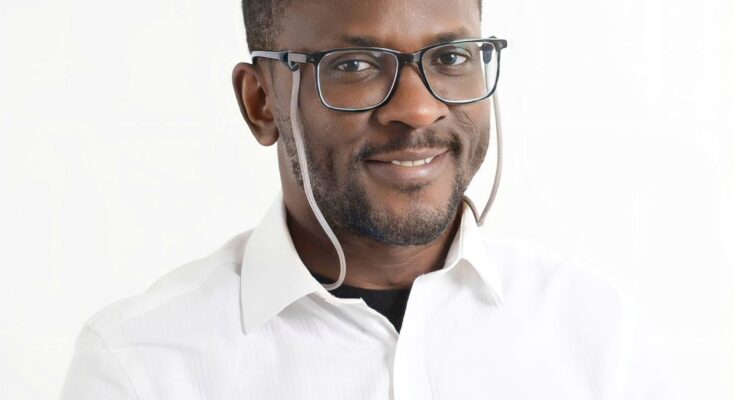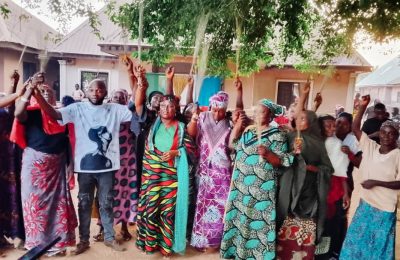Mental Health Breakthrough: Nigerian-Born Doctor Launches 2nd Groundbreaking Psychological Theory
Dr. Kennedy Oberhiri Obohwemu, a UK-based academic originally from Nigeria, has announced a second major innovation in psychological science, further cementing his position as a rising thought leader in the field of mental health and emotional resilience.
The newly published Self-Comforting Attitude Theory (SCAT) and its accompanying tool, the Self-Comforting Attitude Scale (SCAS), provide an original theoretical and empirical framework for assessing how individuals perceive and evaluate self-comforting behaviours—strategies people use internally to cope with stress and emotional distress.
The research is featured in Mental Health & Prevention, a peer-reviewed journal published by Elsevier and indexed in both Scopus and Web of Science, highlighting its scholarly impact and global relevance.
Although submitted for publication concurrently with his earlier work—the Self-Comforting and Coping Theory (SCCT) and the Self-Comforting and Coping Scale (SCCS)—the SCAT and SCAS have now completed peer review and join what is becoming a robust and pioneering body of research known collectively as the Self-Comforting Framework.
While the SCCT and SCCS focused on observable self-soothing behaviours, SCAT and SCAS explore the internal belief systems that shape a person’s willingness to engage in such coping strategies.
By addressing both action and attitude, Dr. Obohwemu’s work offers a comprehensive dual-lens model for understanding emotional regulation and resilience—one that is adaptable across cultures and clinical contexts.
Mental health professionals and academic researchers have praised the work for its originality, especially at a time when psychological wellbeing and self-regulation are increasingly central to global health discourse.
Speaking on his feat to our Reporter on Saturday in Lokoja, Dr. Obohwemu said he drew inspiration from his own experiences navigating social isolation and emotional hardship during the UK’s COVID-19 lockdowns.
He said: “In times of personal crisis, people often turn inward to stay emotionally afloat.
“But whether they embrace those coping strategies is often shaped by how they perceive them—whether they view self-comfort as a strength or a weakness.
“That attitudinal dimension is what SCAT and SCAS seek to capture.”
Now with two theories and two validated psychometric scales published in leading journals, Dr. Obohwemu has established a new paradigm in mental health research.
The Self-Comforting Framework is being recognised as a valuable resource for clinicians, educators, and researchers seeking more precise and culturally inclusive approaches to resilience and psychological wellbeing.
Dr. Obohwemu, a medical doctor originally from Nigeria, continues to expand the frontiers of psychological assessment and theory development.
His work underscores the role of lived experience, scientific rigour, and culturally grounded innovation in addressing complex global mental health needs.
As conversations around mental health evolve, Dr. Obohwemu’s research brings fresh insight to one of the most universal human questions: how do we survive, adapt, and thrive when life becomes overwhelming?
The self-comforting movement he leads is not just a set of tools—it’s a call to reimagine how the world understands inner strength.
End




